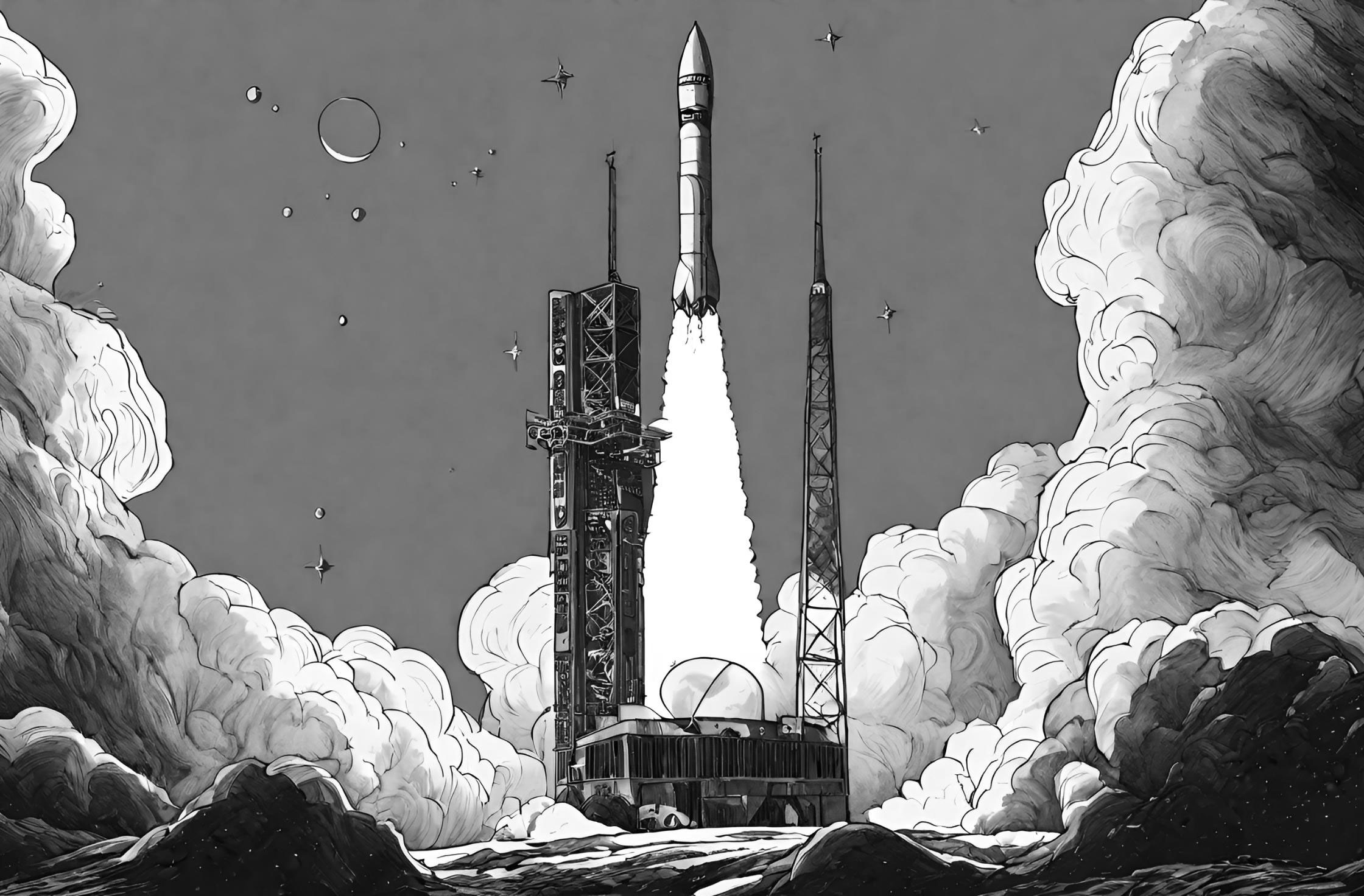Flashback to October 27
World History

On May 3, 1936, a significant event took place in French history that would have a lasting impact on the country’s political landscape. The French People’s Front emerged victorious in the elections, marking a significant shift in the power dynamics of the nation. This article will delve into the details of this event, its historical significance, and the implications it had for France.
The French People’s Front, also known as the Popular Front, was a left-wing coalition of political parties that aimed to unite various factions against the rise of fascism and support workers’ rights. Led by Léon Blum, the coalition comprised of the French Section of the Workers’ International (SFIO), the Radical Socialist Party, and the French Communist Party (PCF). This alliance proved to be successful in capturing the attention and support of a wide range of citizens.
The elections of 1936 were a response to the economic hardships faced by the French people, aggravated by the global Great Depression. High unemployment rates, stagnant wages, and poor working conditions had created an atmosphere of discontent among the working class. People were eager for change and were looking for a government that would address their concerns.
The victory of the French People’s Front was seen as a triumph for the working class and a symbol of hope for those struggling during challenging times. The popularity of the coalition was due to its promises of social and economic reforms. Their platform included a 40-hour workweek, paid vacations, increased wages, and the nationalization of certain industries, among other progressive policies.
The election results were met with immense enthusiasm and celebrations across the country. The French People’s Front had successfully tapped into the aspirations and demands of the working class, promising a brighter future. The victory was also significant because it marked the first time a leftist coalition had come to power in France.
Once in power, the new government wasted no time in implementing its promised reforms. The 40-hour workweek was introduced, providing workers with more leisure time and reducing unemployment rates by sharing the available work more evenly. Paid vacations became a right for workers, giving them the opportunity to rest and recharge.
The government also embarked on an ambitious program of nationalizing key industries such as the Bank of France, the arms industry, and the energy sector. This move aimed to centralize economic control and redistribute wealth more equitably. It was a bold and controversial move that polarized opinion within the country, but it demonstrated the commitment of the French People’s Front to its socialist ideals.
The impact of the French People’s Front victory extended beyond French borders. The coalition’s success inspired left-wing movements and workers’ unions across Europe. The French example served as a beacon of hope for those fighting against social injustices and economic inequalities.
However, the honeymoon period for the French People’s Front was short-lived. Internal divisions within the coalition and external pressures soon eroded the government’s unity and effectiveness. The Spanish Civil War, which broke out shortly after the election, further strained the coalition as different factions held divergent views on how to respond to the conflict.
Ultimately, the French People’s Front government fell in 1938 due to mounting political and economic challenges. Nevertheless, its short-lived tenure left an indelible mark on French politics and society. The reforms implemented by the coalition brought about tangible improvements in the lives of working-class citizens and set a precedent for future social and labor rights in France.
The victory of the French People’s Front in the elections of 1936 remains an important historical event in the annals of French politics. It symbolized a turning point in the struggle for workers’ rights and social justice, as well as the rise of leftist politics in the country. Despite its eventual downfall, the government’s achievements and legacies continue to resonate, serving as a reminder of the power of democracy and collective action in times of crisis.
We strive for accuracy. If you see something that doesn't look right, click here to contact us!
Sponsored Content

Iran launches its first…
Marking a momentous achievement…

South Korean voters overwhelmingly…
On October 27, 1987,…

China announces its population…
On October 27th, 1982,…

LTopold STdar Senghor founds…
On October 27, 1948,…

The Soviet submarine U…
On October 27, 1981,…

Outer Mongolia and Mauritania…
On October 27, 1961,…

